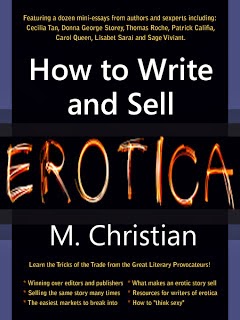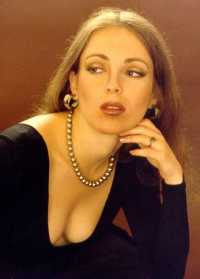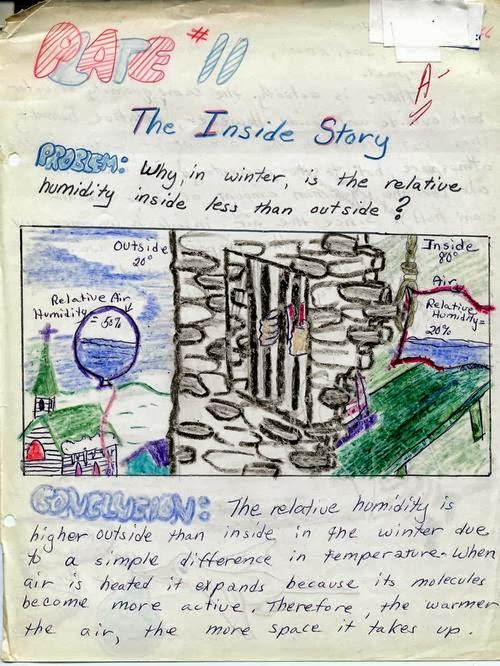I seldom walk out of movies. When I find myself in a movie that doesn’t particularly draw me in, I tend resort to viewing it critically: identifying the story arc, the character arcs, the nuts and bolts of the construction of the story.
Two nights ago, I walked out of Ender’s Game. I’ve never read the book. Although I am a massive sci-fi fan, there are certain areas of the genre that don’t turn my crank. Robert Heinlein and Orson Scott Card just never did anything for me. Nonetheless, big budget, hyped marketing campaign… I bought my ticket, sat in my seat, and stuffed my face with popcorn.
At some point – about an hour into the film – I caved to the overwhelming urge to be out of the cinema. Later, when I tried to analyze why I couldn’t bring myself to sit through it, I realized that it was the way the theme of the story was being presented that I found almost suffocating.
Without a strong theme, stories are soulless. They feel fluttery, airy and insignificant. But when the theme of a story is so obvious and so constant that it eclipses the story, the characters and the plot, it becomes like treacle. It gums up everything. Theme can, if you let it, suffocate every other aspect of your story.
Recent cultural and literary theorists have had a very low opinion of theme. Post-modernism rejected the idea that stories have any responsibility at all, to anyone. Being a staunch modernist myself, I’m rather glad to see this era of the glorification of the totally meaningless pass. But when I sat in that theatre and choked hard on the dominant theme in Ender’s Game, I could see why they wanted to kill the beast dead.
I teach writing at college level, and theme is one of the hardest things to teach. It is easier to say what theme isn’t than to say what it is. And, of course, there are stories with more than one theme. Time and culture can deeply influence the themes that come to the fore of a story and how they are perceived.
No matter what the story structure, the theme should be what the reader takes from the story as its overall message. In archaic structures, such as fables, the theme is the moral of the story. In parables, the theme is the ‘wisdom’ it imparts at the end. Old story structures demanded that the theme was an answer to a universal question. In more modern, adult story forms, the theme shouldn’t offer answers, but encourage the reader to a deeper consideration of some serious and universal question.
Because of its broadness of scope, erotic fiction has the capacity to offer a valuable exploration of many aspects of the human condition in depth and at a very personal, concrete level. So often, themes in erotic fiction deal with issues of ethics and morality, of embodiment, of identity, of loneliness, of abjection, of mutuality. Deep, deep stuff.
Erotic writing represents an entirely culturally constructed part of humanity (our sex drive is animal and focused on reproduction but, as cultures we have abstracted and reinterpreted that drive to the point where the things that trigger our arousal are entirely constructed. Horniness may be biological, but eroticism is the meaning we’ve layered on top of that biological imperative). So it would seem that erotic fiction is a great place to explore theme. We bind our sense of the erotic to so many elements that don’t have a biological foundation. Here, in the rarified air of lateral and obtuse relations between intellect, the emotions and groin, theme can run riot. That’s a wonderful garden to explore.
Choosing a theme can help you make decisions as to how to carve a peace between your characters and your plot. It can guide you to where a story needs to go. And yet, if you let your theme dominate your story, it will leach all the colour, all the texture, all immersive ‘hereness’ from your story. Themes are abstractions. They should sit at the foundation of the story, but never on the surface.
Let me give you a very simple, obvious example: I want to write a story with trust as a dominant theme. BDSM seems like a perfect fit. My characters are going to learn that the only way they can explore the outer reaches of their erotic imaginations is to trust each other.
However, if I keep bringing up ‘trust’ in the story. If I keep placing the words into the mouths of my characters, into their brains, if I keep bringing something as abstract as ‘trust’ to the fore of the story, it will lose every ounce of heat it might have had. You may end up with readers nodding their heads in agreement, but you’re preaching to the choir. You’ve just produced a piece of rhetorical propaganda, not a story.
Of course, the issue of trust needs to be there. But it needs to operate below the surface, like a current in the river, driving the story along invisibly. You can show your reader the ultimate results of a lack of trust. You can show your reader what its presence can enable. But if you bring it directly into the text of the story, you treat your reader like a child. You don’t allow them to discover the theme and its implications on their own. You need to let your theme inform your story, but not dominate it.
If you do, your reader will come away from your story not only having had a good, immersive erotic experience, but also with a head full of ideas and questions. For me, this is the ultimate goal of writing anything.
When you start thinking about a new story, do you consider its theme? How do you weave it in?









